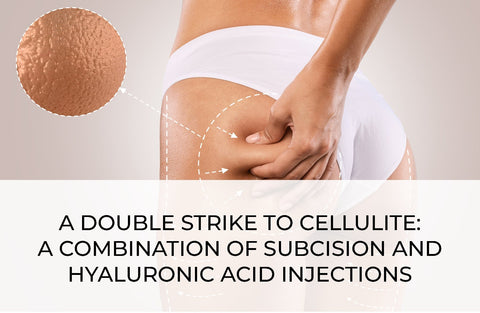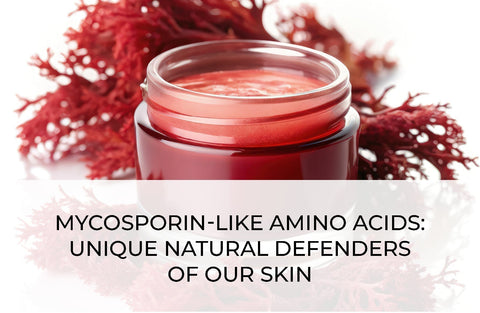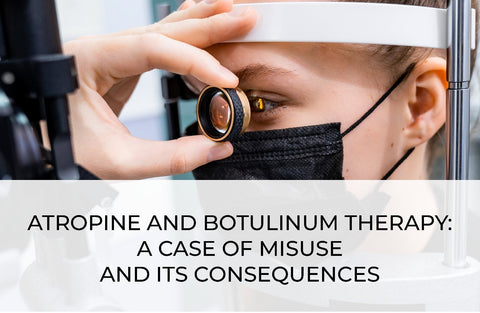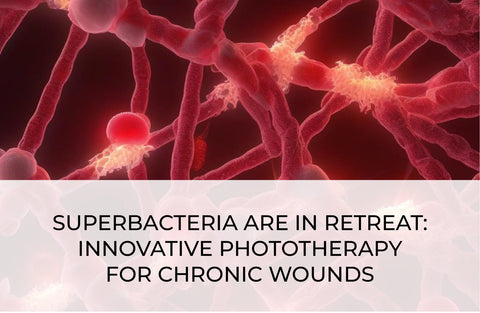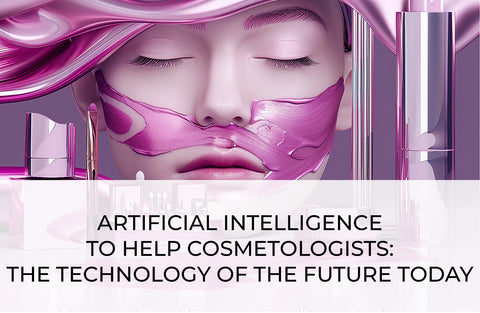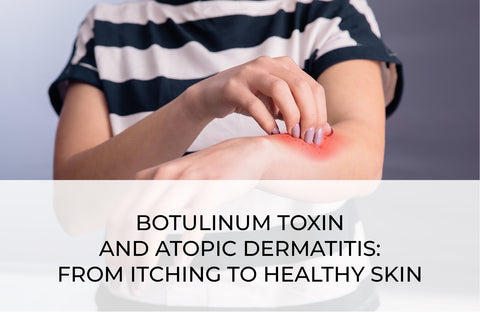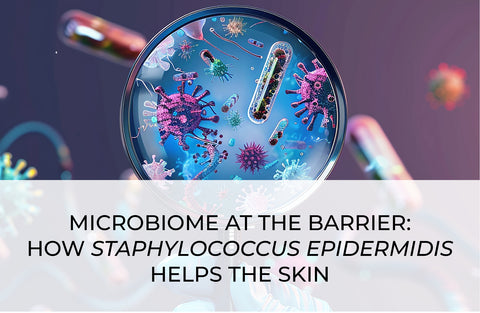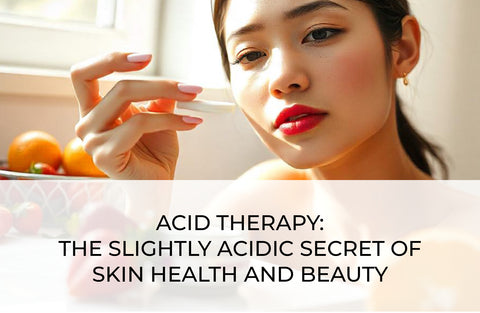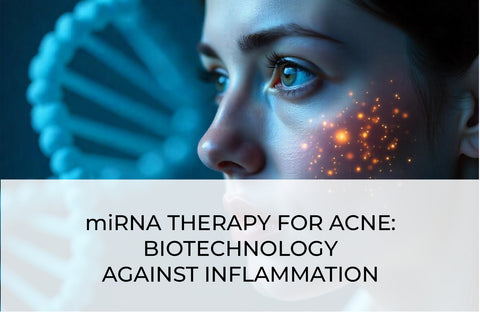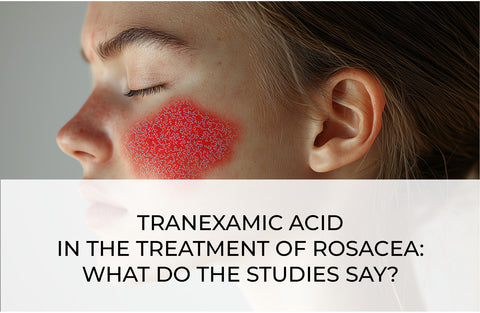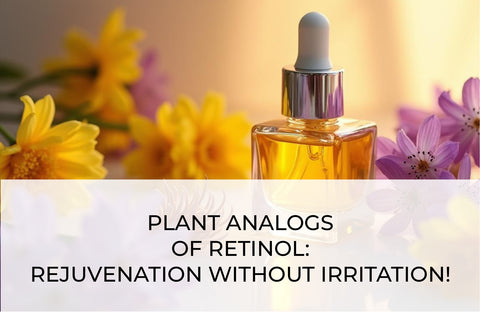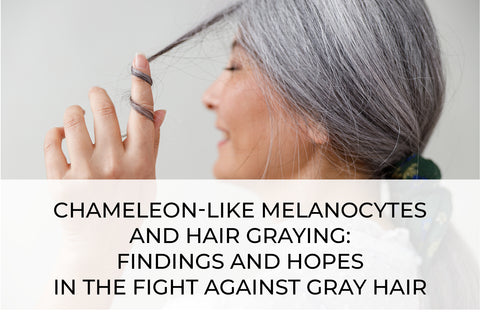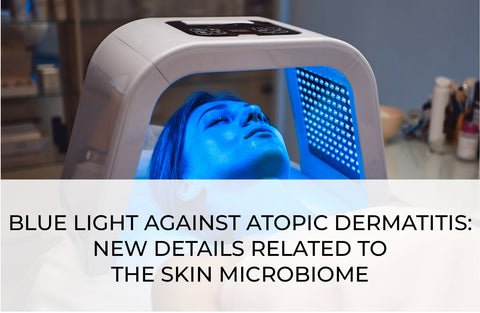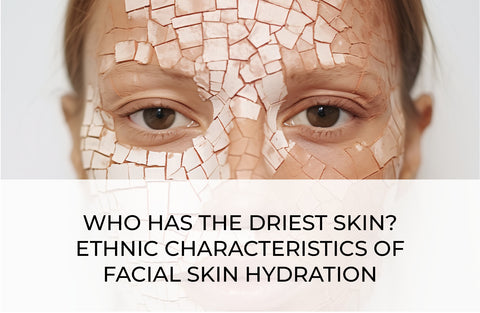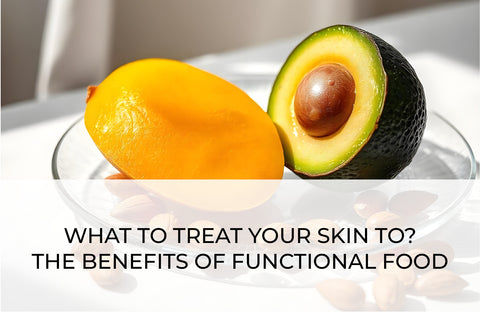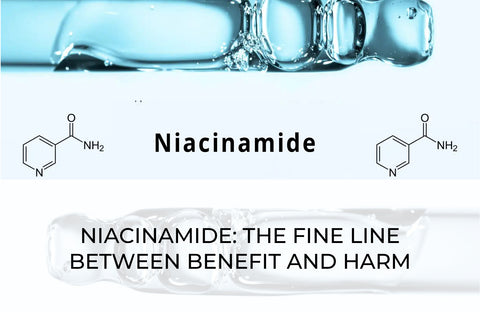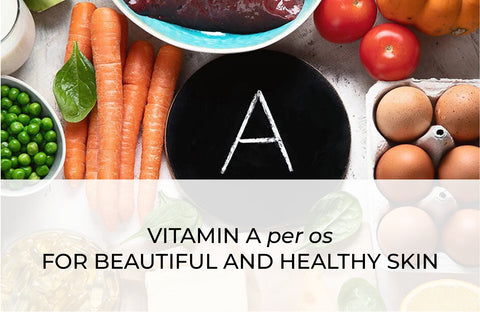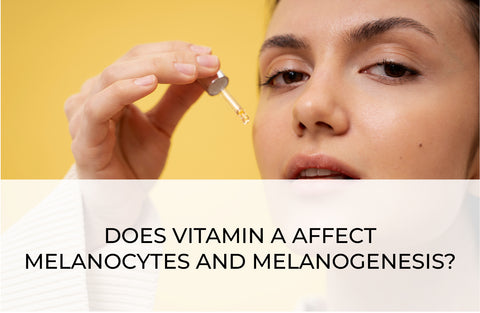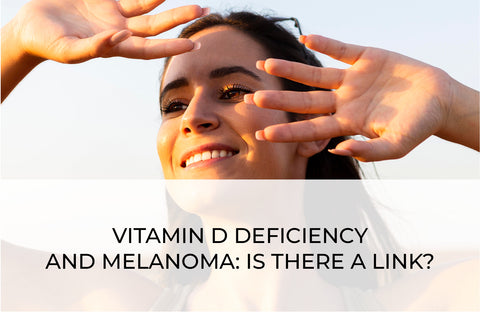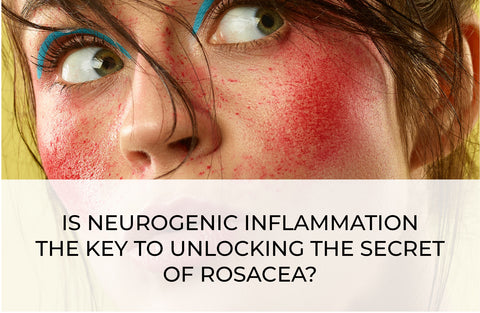PLANT ANALOGS OF RETINOL: REJUVENATION WITHOUT IRRITATION!

Retinoids such as retinol and retinoic acid are widely used in anti-aging therapy because they stimulate cell renewal, collagen synthesis, and wrinkle elimination. However, their use is limited due to pronounced adverse reactions such as redness, dryness, flaking, and skin irritation, which are especially noticeable in people with sensitive skin. The search for safe alternatives with retinol-like effects remains an urgent task. Promising retinol substitutes include bakuchiol and Vigna aconitifolia bean extract.
Bakuchiol
Bakuchiol is a meroterpenoid of phenolic nature (chemical formula C18H24O). This substance was first isolated from the plant Psoralea corylifolia, but is also found in other plants of the legume family, including Otholobium pubescent and Psoralea glandulosa. Chemically, bakuchiol consists of an aromatic ring linked to a long aliphatic chain, which allows it to be stable and lipophilic, facilitating penetration into the skin.
At the cellular level, bakuchiol exerts retinol-like effects by modulating the expression of genes related to skin function. It stimulates collagen synthesis (COL1A1, COL1A2 genes), increases hyaluronic acid production (HAS3 gene), and improves skin barrier function by increasing the expression of genes related to the formation of tight junctions (e.g., CLDN1). At the same time, bakuchiol does not activate classical retinoic acid receptors (RAR), thus avoiding side effects associated with their hyperstimulation, such as inflammation or peeling. In addition, bakuchiol has antioxidant properties, protecting cells from damage caused by ultraviolet light and free radicals [1].
Vigna aconitifolia bean extract
Vigna aconitifolia bean extract contains many bioactive compounds, such as polyphenols, proteins, carbohydrates, and peptides with retinol-like effects. In particular, the peptides in the extract play a key role in stimulating cell renewal and improving skin structure. These peptides activate processes similar to retinol: they stimulate collagen and hyaluronic acid synthesis, strengthen skin barrier functions, and help reduce hyperpigmentation. Antioxidants and enzymes in the extract protect the skin from damage caused by free radicals and UV radiation.
Retinol plant analogs properties: study and results
Recent studies suggest that combining 0.1% retinal (an aldehyde form of vitamin A with high irritant potential) with retinol-like substances of plant origin, bakuchiol, and Vigna aconitifolia bean extract can significantly improve the anti-aging effects of retinoids while maintaining a high safety profile [2].
The study was conducted in three phases. Under in vitro conditions, the effect of the formula components on the expression of key genes related to cell renewal, barrier function, and extracellular matrix synthesis was studied. In ex vivo models using human skin samples, levels of collagen, hyaluronic acid, and markers of photodamage after UV exposure were evaluated. The final phase of the clinical study included 34 women aged 40 to 70 years with significant signs of photoaging. Participants applied the formula daily for 28 days, and the effects were evaluated using objective methods.
After 28 days of using the complex, there was a 43.2% reduction in wrinkles, a 13.9% increase in skin elasticity, and a 7.0% improvement in skin tone uniformity. All participants showed a decrease in the severity of “goosefoot.” No skin irritation made this formula safe for people with sensitive skin.
The results showed that bakuchiol enhances the action of the retina by stimulating the synthesis of structural components of the skin and supporting its protective functions. Moth bean extract, rich in proteins, polyphenols, and antioxidants, complements the complex's action by providing additional moisturization and protection. This combination is a promising solution for fighting age-related changes, minimizing the risk of irritation typical of traditional retinoids.
References
- Chaudhuri R.K., Bojanowski K. Bakuchiol: A retinol-like functional compound revealed by gene expression profiling and clinically proven to have anti-aging effects. Int J Cosmet Sci. 2014;36(3):221–230.
- Brown A., Furmanczyk M., Ramos D., et al. Natural retinol analogs potentiate the effects of retinal on aged and photodamaged skin: results from in vitro to clinical studies. Dermatol Ther (Heidelb) 2023; 13: 2299–2317.
















